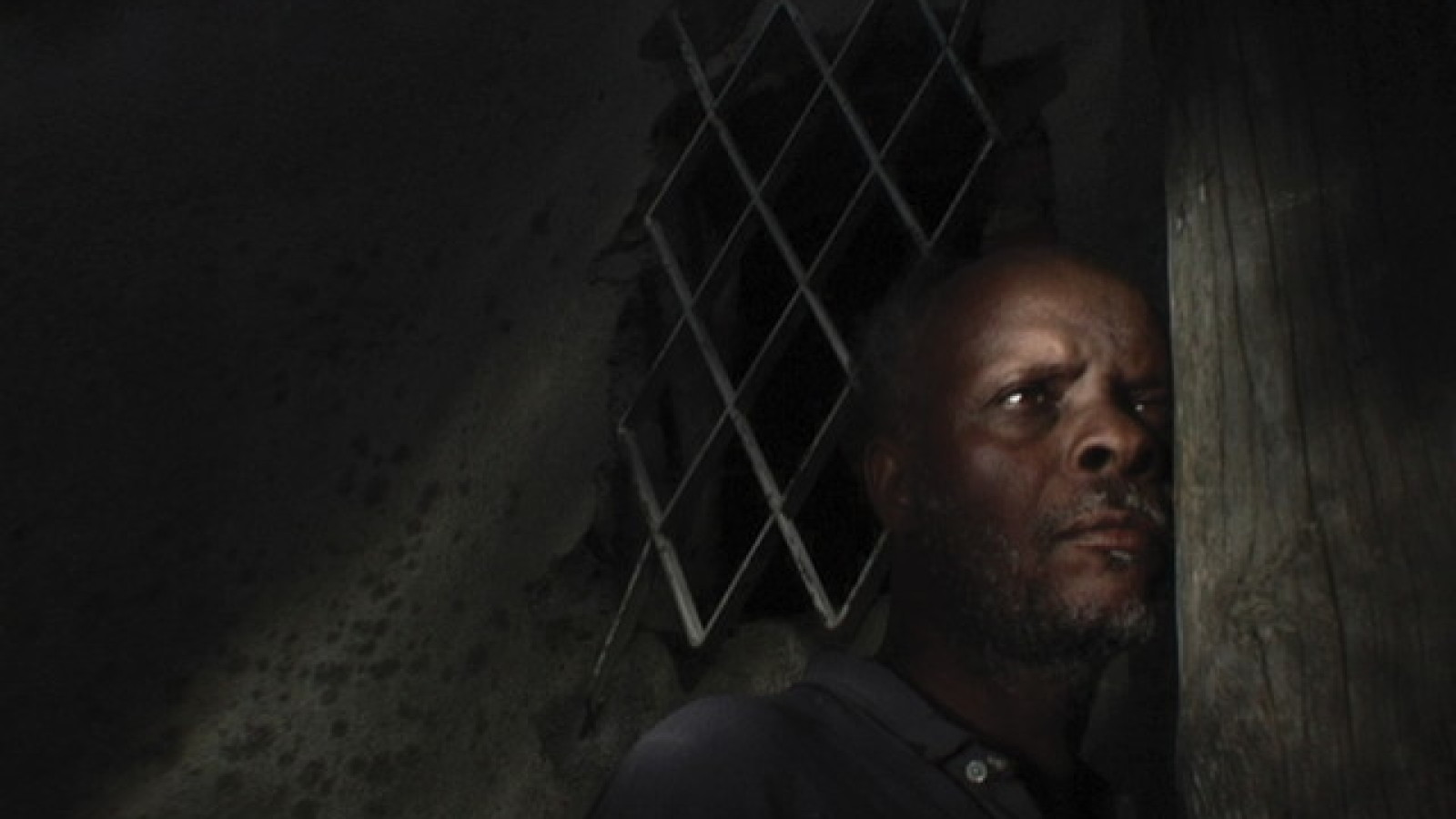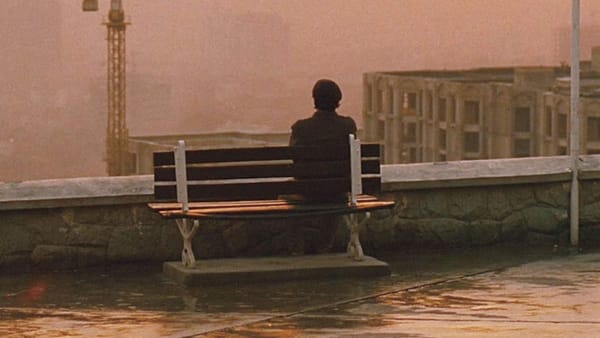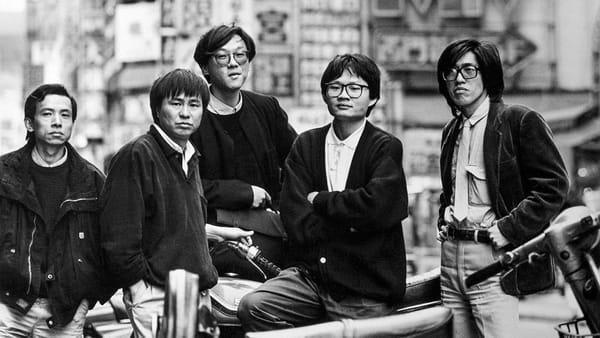Colossal Youth
A hauntingly beautiful and deeply affecting film that explores themes of displacement, aging, and the struggle for meaning in a rapidly changing world.

Pedro Costa, now making films for over thirty years, has strangely appealed to only a select group of cinephiles, and who they are is a conversation for a different day but what’s confusing about it on the surface is that Costa’s films are majorly surrounding the impoverished immigrants in Portugal, specifically Lisbon, but also, when broadly thought of, should be a healthy meal at the European festivals for what it represents to the continent and the politics. One would expect the festival crowd to embrace it with heart, but it just so, quite predictably, happens that Costa’s work has always proved challenging, hence eluding much of the audience. So, it is with much joy that we at TPCC are presenting Costa’s majestic, although admittedly an ironic adjective in this context, 2006 film Colossal Youth, a culminating point of the Fontainhas trilogy, about a 75-year-old Cape Verde immigrant seen after the Portuguese government demolishes his community’s homes and forces a move to housing projects someplace else.
The late Godard had once mentioned the difference between political filmmaking and making a film politically, the latter of which is what appears in the form. Two of the biggest auteurs in filmmaking who embraced this idea were the previously mentioned Godard himself and the duo Straub-Huillet. It is no wonder that Costa cites them, among a few others, as his influences. When asked to make a documentary about his mentors, Costa took up the task filming Straub and Huillet in the editing process of their film Sicilia!, which coincidentally Godard called the greatest film about editing. The art of the cut is what these great artists have been after, and as much as Costa has a great eye for idiosyncratic images, he has always wrestled with the idea of cinematic cutting. Mizoguchi cutting to the ripple in the water in Sansho Dayu, Ozu to the closing shot of Chishu Ryu in Late Spring, Wang Bing to the bereaved woman in a sandstorm in his feature The Ditch might just be a few transcendent cinematic moments for which Costa admires these artists. Costa himself slowly became skilled at it. In the documentary Where Does Your Hidden Smile Lie? Costa’s final cut to Straub sitting on the stairs outside a theater that’s almost done playing their film, is profoundly beautiful as a sentiment to be expressed in a documentary about editing and in some way leading all the moving images to an end. Where Costa differs from Godard and Straub-Huillet, though, is that he is not as interested in deconstruction or reconstruction of cinematic form, but of what that form can achieve and how much. Costa has often emphasized that great cinema is actually hard to accomplish. It is, to him, fundamentally about seeing what others don’t see. In some sense, Costa’s cinema gives form to his responsibility, his concerns, be it politics, economics and the wide field of the humanities.
Colossal Youth exists as the pinnacle of such accomplishments. A film whose form, firstly, respects the people/non-actors as collaborators often working on almost all monologues and dialogues. Costa’s economy to the process and approach can only be rivaled by a few filmmakers in history, constantly staging expressionism-reminiscent static shots or simple systematic movements of the camera. The natural colors and textures, sections of cemetery-concrete toned spaces, cloths and bedsheets are limned by semi-crescent lighting akin to Welles or Murnau, and the faces burn like a torch in a cave. What’s important to Costa in this abstraction or the form is the image should attain primitivity to communicate visually, of spaces and people that cannot be accessed but, to our misfortune, only felt sympathy for. Costa’s images and temporal cross-cuts therefore become cinematic gestures of humans becoming remnants of economic aftermath and also to our failure to perceive that struggle. Hence, Costa’s cinema becomes a voice, a force of communion and approbation of humanity’s struggles while acknowledging our ignorance.




